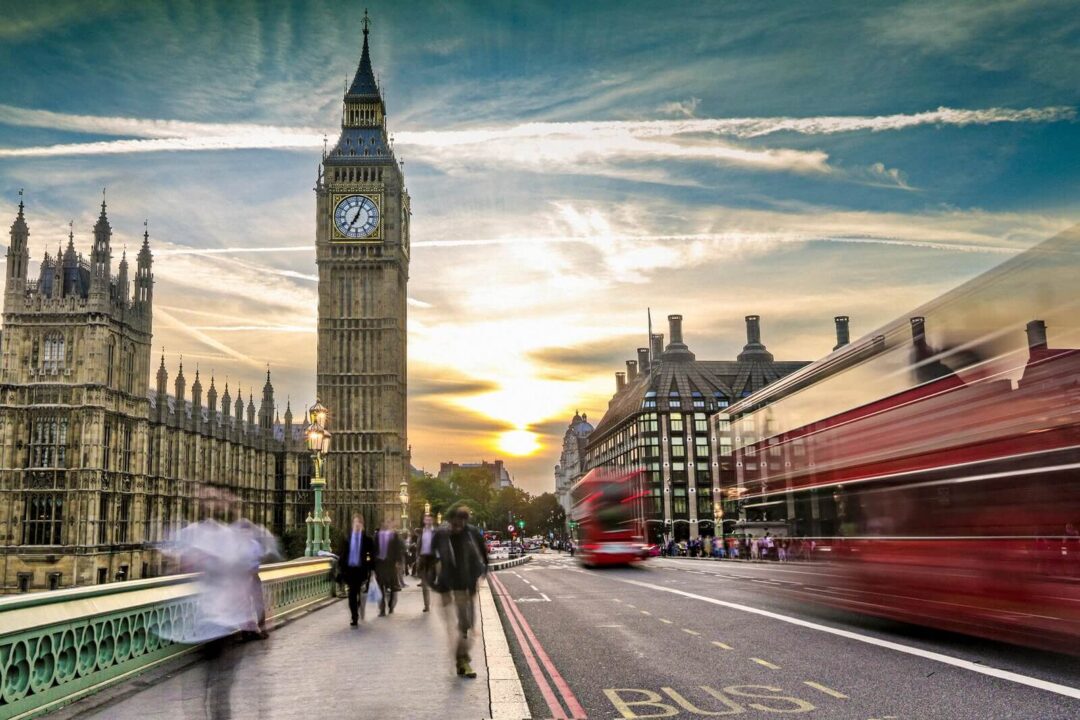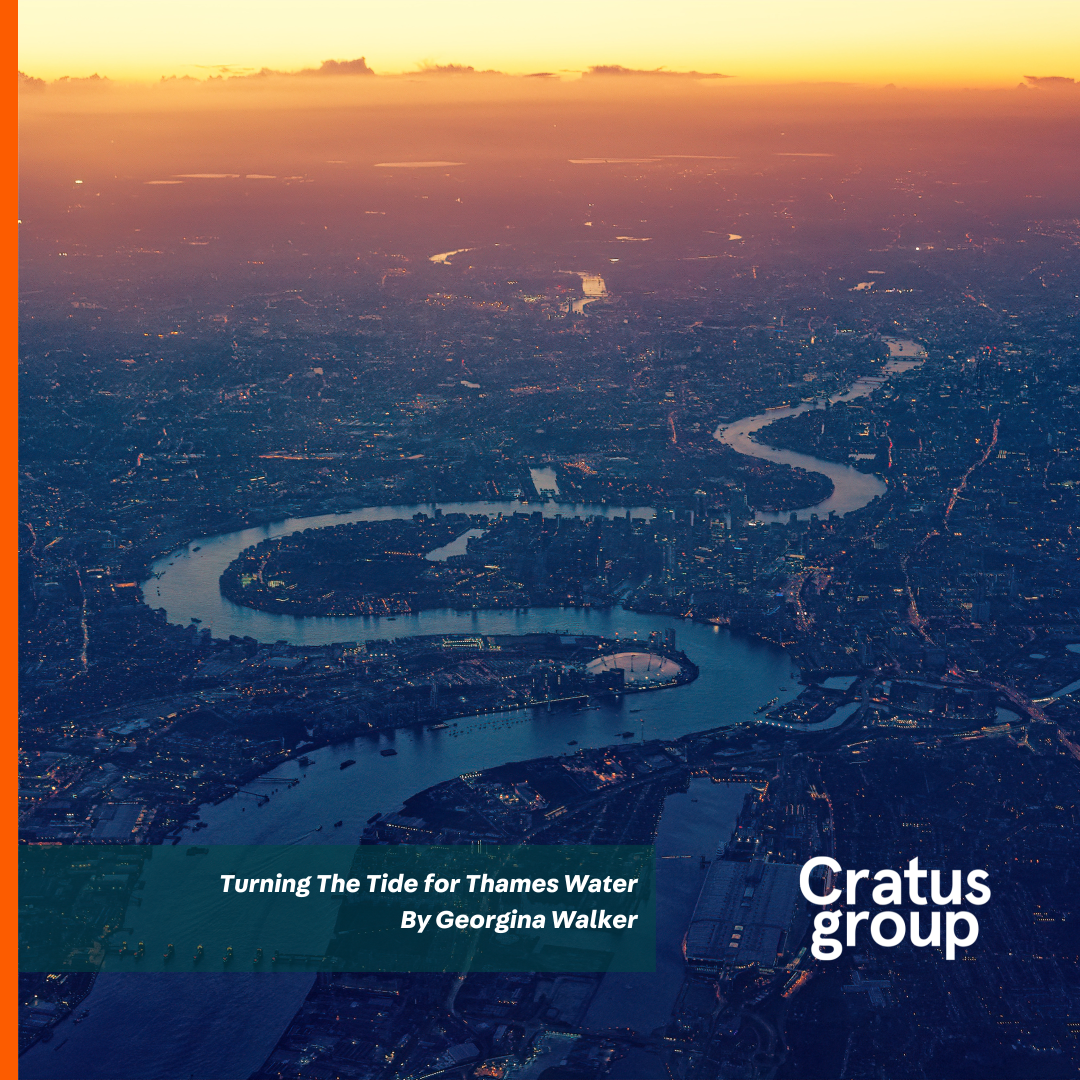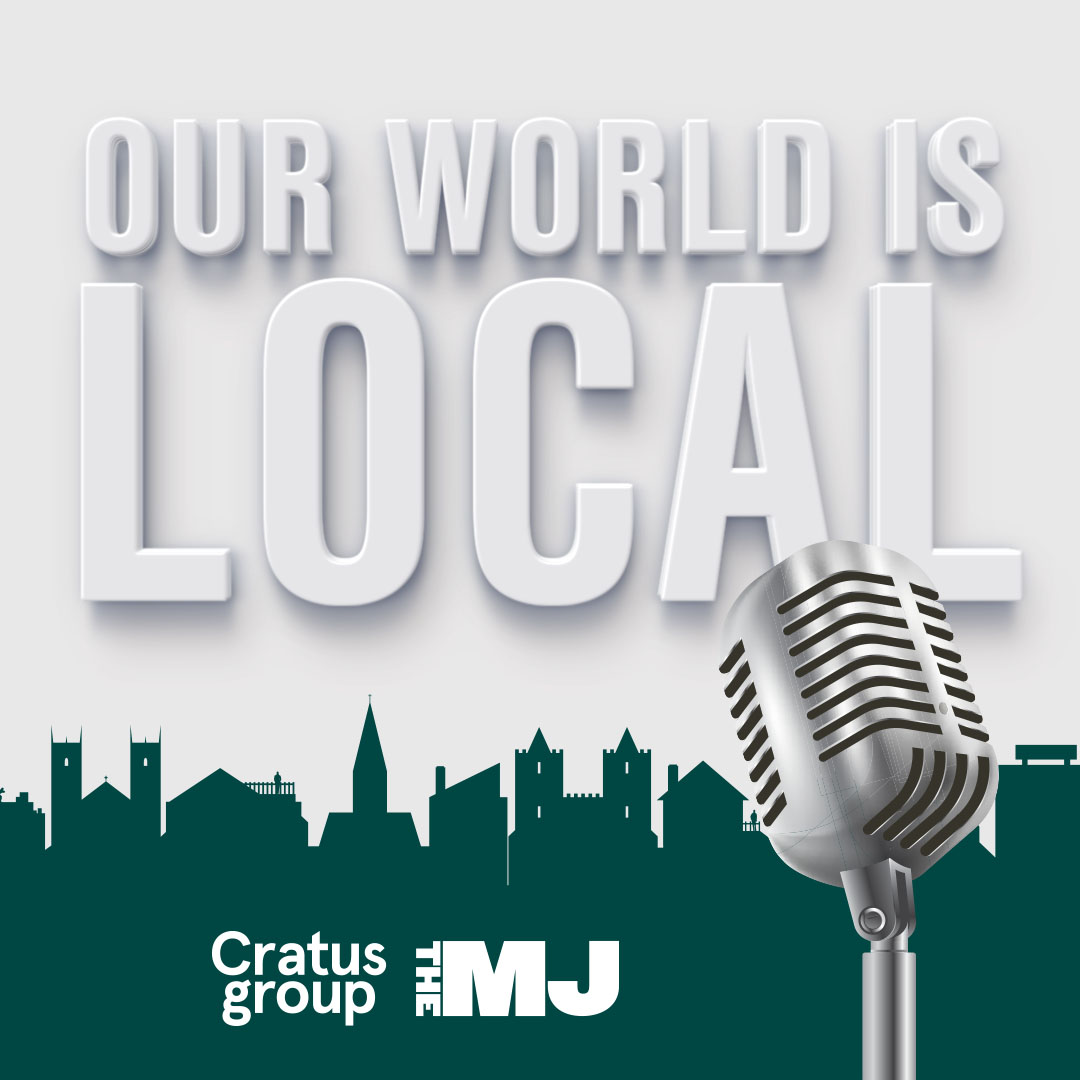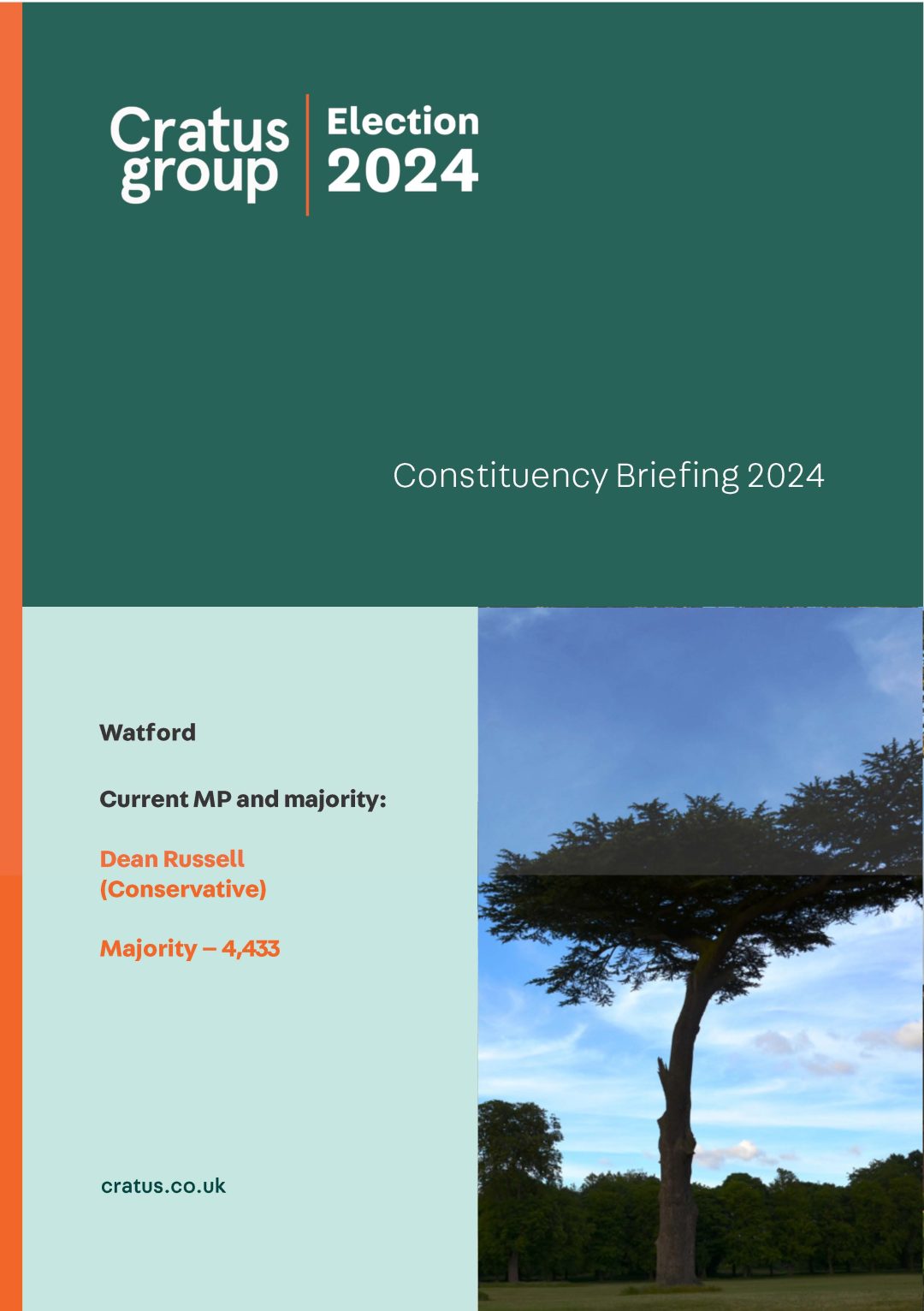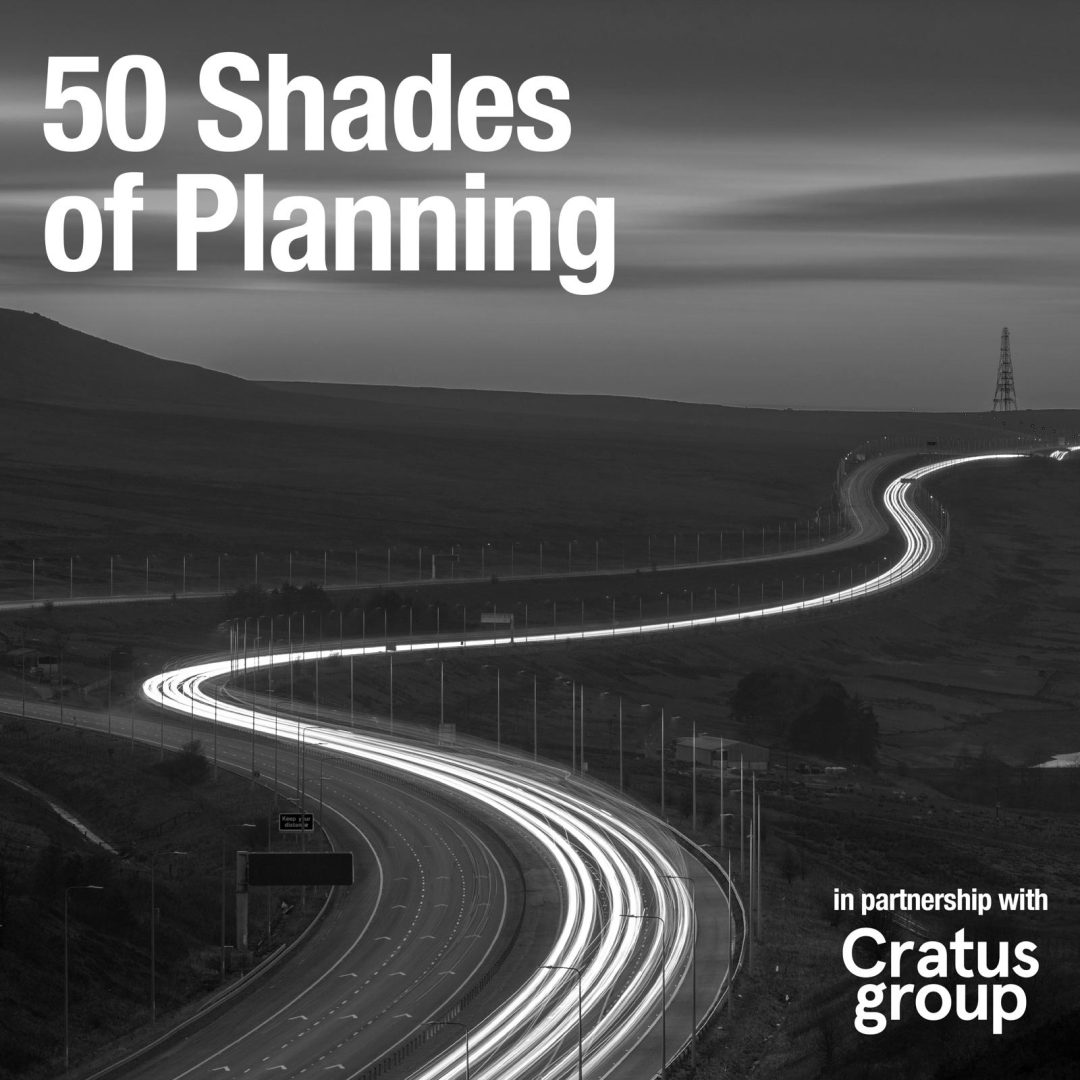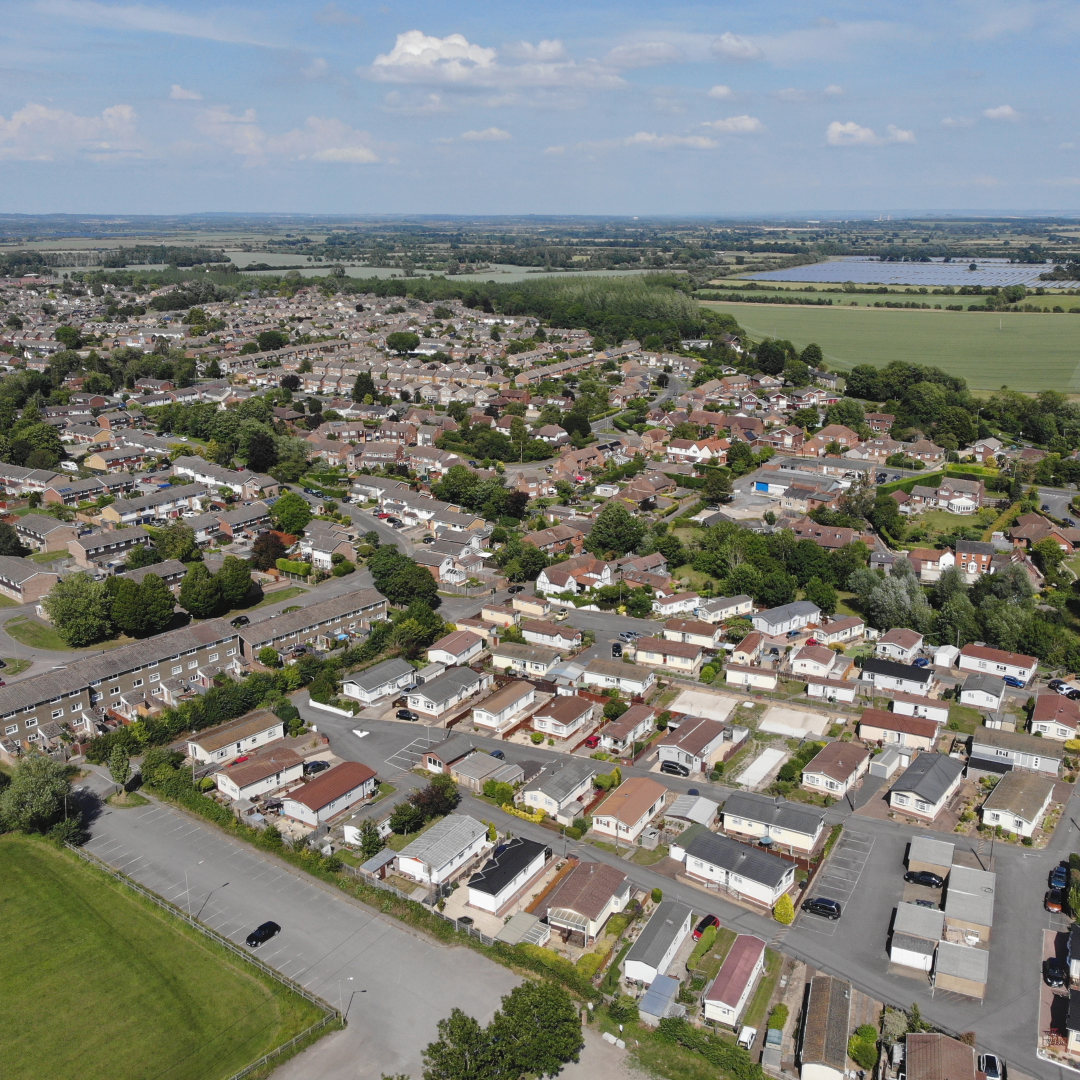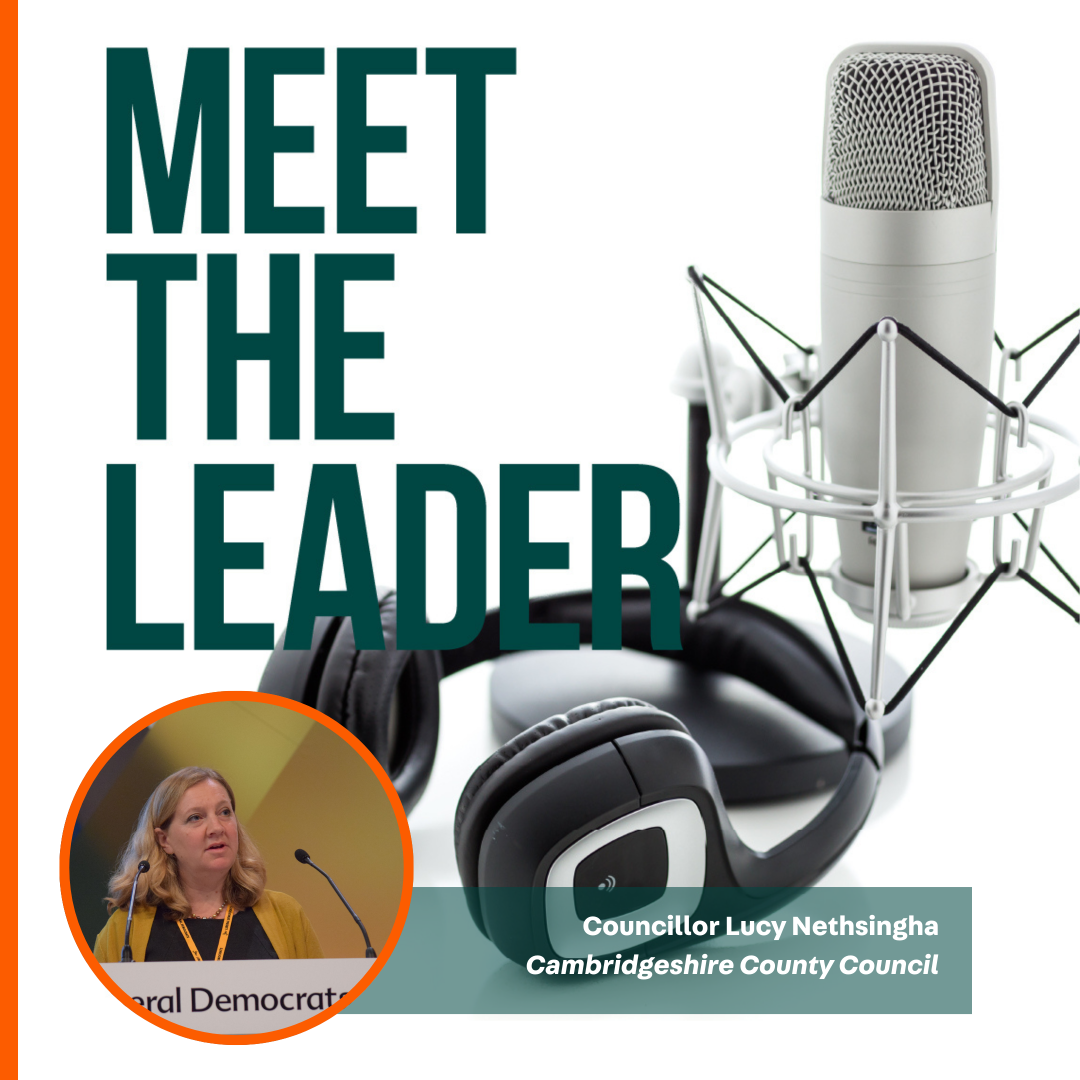Worse than the expenses scandal?
Trust in our politics is at its lowest ebb since the expenses scandal – the moment that arguably, along with the Iraq War, has done the most damage to trust in our political system this century. It is a worrying, worrying indictment of the state of our politics.
This is according to the Hansard Society’s Audit of Political Engagement 2019, published earlier this week. Let’s pick out some numbers. 72% of respondents think that the “system of governing needs ‘quite a lot’ or a ‘great deal’ of improvement”. This is the worst figure in the audit’s 15-year life. (You can be forgiven for wondering what the other 28% are thinking.)
Other eye-catching figures include the military and armed forces coming way out at the top of a trust poll, in a parliamentary democracy. On the surface of things that looks like this should be a cause for concern. But I think we can put that down to the fact that, thankfully, we do not have any memory of military rule.
The audit exposes a worrying trend for those of us engaged with local government. A record number of people feel they have no influence at all at the local level (42%), whilst 32% don’t even want to be involved – a rise of 10% on last year. Why is this? Well, often the first services to be cut by under-pressure councils are those that bring people closer to their local authority. These are the community engagement teams, the tenant reps, the communications departments. Whilst not statutory, these should not be seen as a poor relation. They are essential for a functioning local democracy.
There are flaws in this survey. Perhaps unsurprisingly, the Hansard Society takes a Westminster-centric view of our political system. Of the ‘radical political changes’ the British people apparently support – a strong, ‘rule breaking leader’ (!), or ‘more referenda’ (!) – the survey did not suggest anything that would get to the heart of why people feel removed from everyday political decisions. There’s no mention of radical devolution, of taking power away from the institutions that the public seems to despise and returning it to the people. Although, I think many of our friends in local government would say: more money first, more powers later.
For reasons unknown, the survey does not group ‘local councils’ in its ‘political actors’ bracket. We know at Cratus that the best councils are political because the presence of politics means, or should mean, genuine accountability to the people. Councils without active councillors would be unaccountable, faceless bureaucracies. Part of the solution to the disgust felt towards politics is surely to point people toward the councillors on their doorstep, to recognise their hard work and remember that they are politicians, too.
